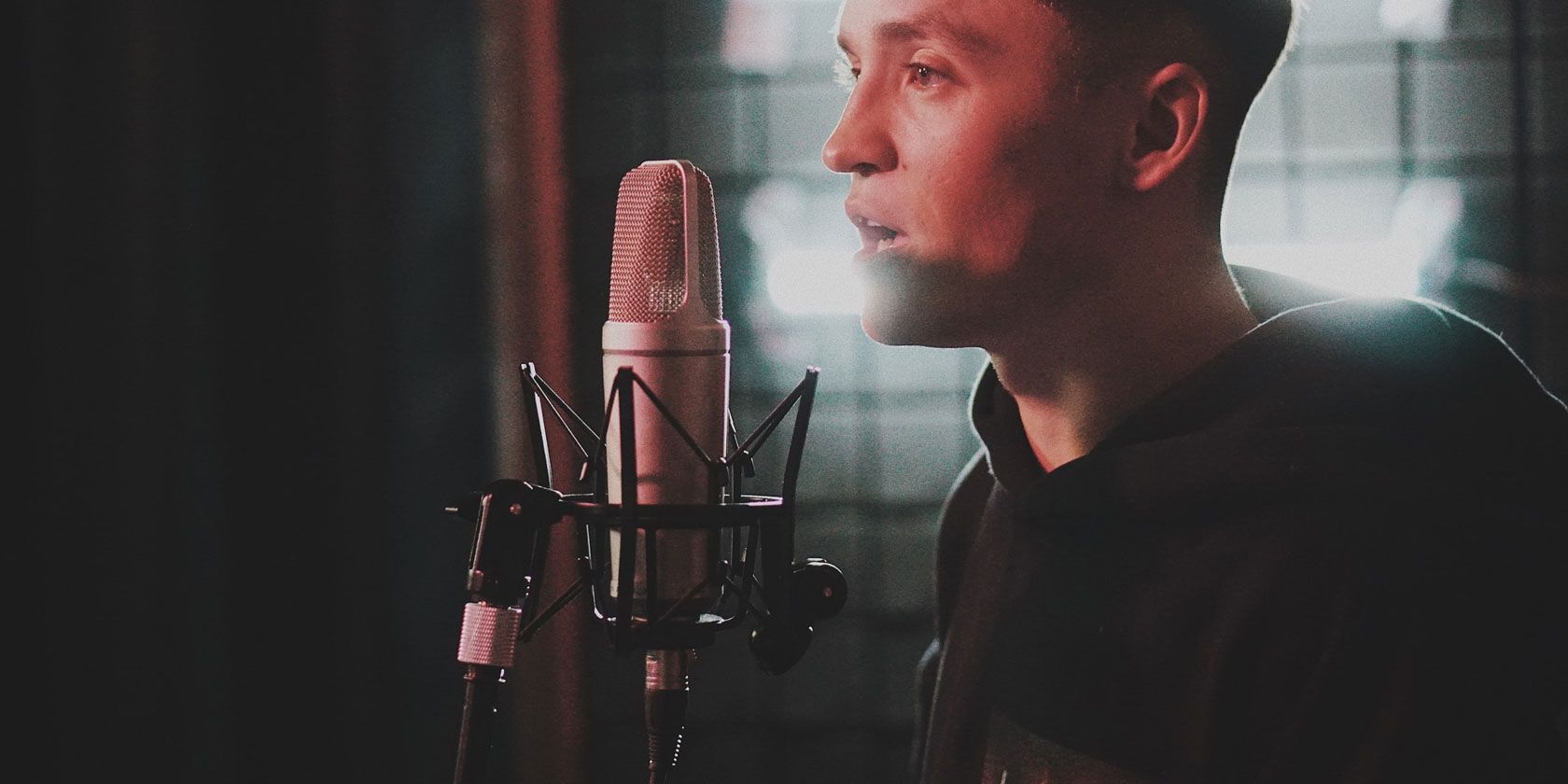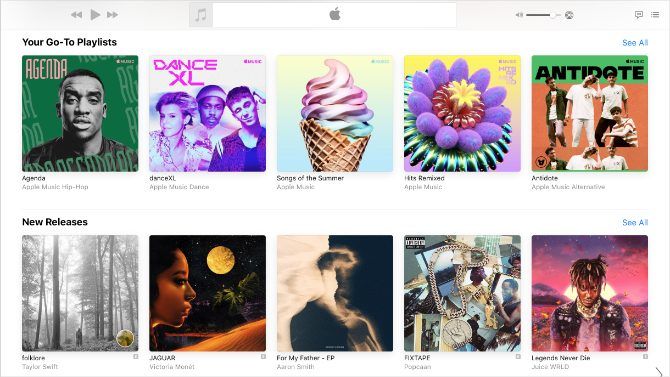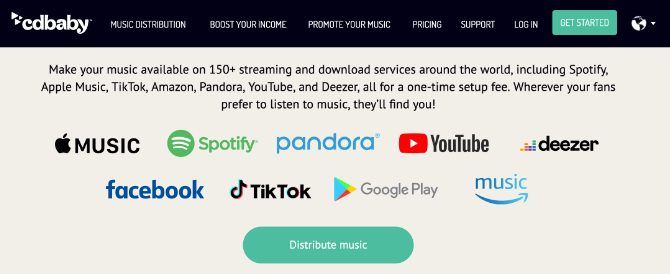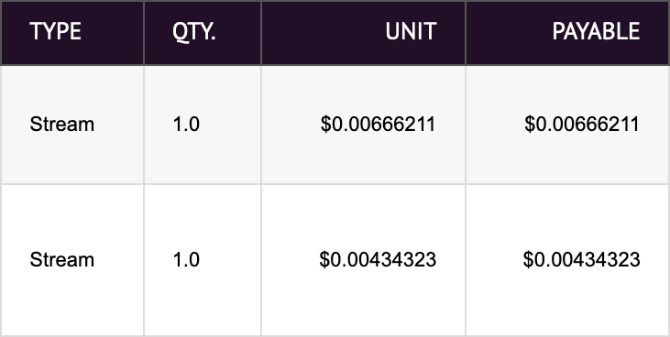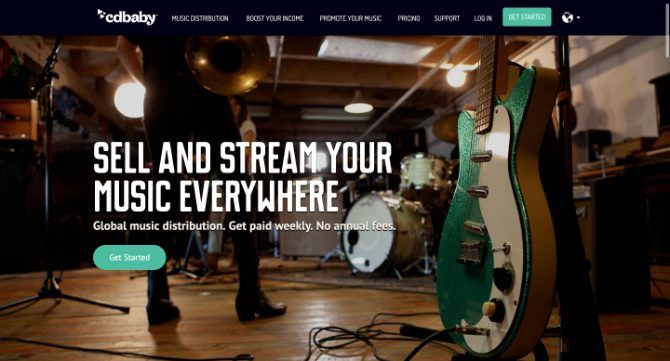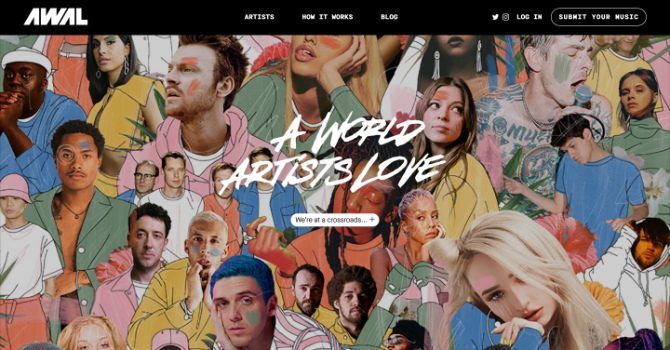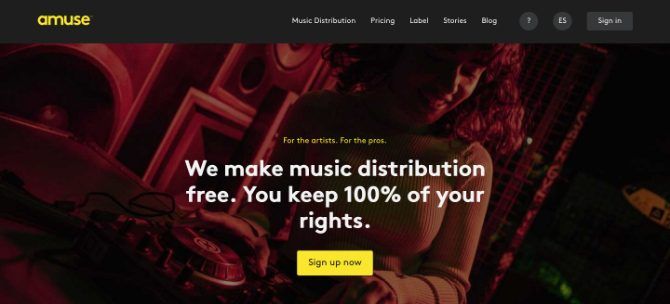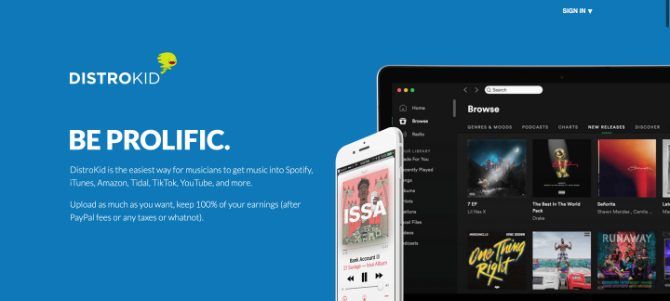After spending countless hours writing and recording your own music, you're probably itching to send it out into the world for other people to listen to.
This used to involve burning CDs and selling them at your gigs. But if you want people to find your music in the 21st century, you need to get it on Spotify, Apple Music, and other music streaming services instead.
In this article, we explore the various ways to distribute your music on streaming services.
How to Distribute Your Music on Streaming Services
Most music streaming services don't deal directly with artists. Which means you need to work with an established distributor to get your music online.
Of course, signed musicians can leave it to their label to sort out the music distribution. But if you're an unsigned or independent musician, you need to find a music distributor to work with.
Fortunately, there's a whole host of music distribution services available to use.
Most of these services charge a small fee and put your music on all of the major music streaming services. After doing so, anyone can listen to your music and you can claim payment from the royalties.
How Do Music Distribution Services Work?
Every music distribution service offers a different business model, and we'll detail all of the options below. But generally speaking, you either pay an upfront fee or give up a percentage of your earnings to get your music on Spotify, Apple Music, iTunes, and every other major music streaming service or digital store.
You then make money from your music through royalties, sales, and streaming payouts.
You should still own all the copyright to your music after signing up for a music distribution service. But make sure you read the terms and conditions yourself to be certain.
Most distributors issue payments at regular periods or after your earnings reach a certain threshold. That said, don't expect to make big bucks unless you get thousands of streams per month.
On average, a single stream earns you about half a cent, or less.
The best distribution services show you a breakdown of where your music is getting played, how often, and on which streaming services.
You only need to sign up with a single distribution service for each musical release. That service should make your music available everywhere, although it may only be for a limited time.
For future releases, feel free to use the same service again or jump ship and try someone else.
What Are the Best Music Distribution Services?
There is an overwhelming selection of digital distribution services to choose from when you're trying to get your music on Apple Music, Spotify, and other streaming services. To simplify matters, we've summarized each of the best options below.
You might notice a couple of popular distribution services missing from this list, namely TuneCore and DittoMusic. While these are both legitimate businesses with plenty of happy customers, there are enough complaints about their services that we didn't feel comfortable recommending them.
1. CD Baby
CD Baby is one of the original digital music distribution services for independent artists. It offers a simple model, in which you pay a one-time fee and give up nine percent of your distribution revenue to upload your music for life.
The fee is $9.95 for a single or $29 for an album. However, you can also choose to pay extra for a Pro release if you want CD Baby to collect extra royalties for you. If your music gets played in a lot of places, this could pay off in the long run.
There is one small catch in that you also need to provide a UPC barcode for each release. If you don't have one---which will be the case for most people---you can buy a barcode from CD Baby for another small fee.
CD Baby makes your music available on over 150 platforms. You also get access to a professional marketing tool and can even sell physical CDs or vinyls through CD Baby's website.
2. AWAL
Short for A World Artists Love, AWAL is the most exclusive service on this list. Rather than offering to distribute anyone's music, AWAL only caters to growing artists on the verge of success.
If you already have an engaged fanbase on social media, a string of gigs in the calendar, and a manager sketching out your future, then it's worth sending an application to AWAL to get your music distribution sorted as well.
AWAL doesn't charge any upfront fees but takes a 15 percent commission on all your digital distribution revenue.
It earns this commission through a range of excellent services: AWAL makes your music available to stream on every major platform; you can view real-time stats for Spotify, Apple Music, and YouTube; and AWAL will go to bat for you to line up film or TV syncs and even project funding.
AWAL even pushes for streaming services to feature your music in promoted playlists. This means you might end up in the Discover playlist when people go looking for new music on Spotify.
3. Amuse
It's completely free to get your music on all the major streaming platforms using Amuse. There are no fees and Amuse doesn't even take any commission from your digital distribution revenue.
This might sound too good to be true, but Amuse makes its money by analyzing streaming trends and using that data to offer premium services or to sign popular new artists to its label.
The premium services include quicker releases, more social media integration, and profile collaborations so that your entire team can access important data.
Access to these tools comes at a cost of $5/month.
Even on the free tier, you can release your music in four weeks by uploading the tracks using the Amuse app. You also get the option to automatically split your digital revenue with anyone else who worked on the songs with you.
If you want to get your music on Spotify or Apple Music without losing any money at all, Amuse is the only option.
4. DistroKid
Don't feel put off by how basic the DistroKid website is, this is a professional music distribution service with a great reputation. It's part-owned by Spotify, but you can use DistroKid to get your music on Apple Music, iTunes, Amazon, and every other major music streaming service or digital store as well.
To use DistroKid, you need to pay an annual fee of $19.99. This lets you upload unlimited releases throughout the year and DistroKid doesn't take any of your distribution revenue.
However, if you ever stop paying this fee, DistroKid may remove your music from streaming services and stores in the future.
If you want your music to always remain available, you need to buy the Leave a Legacy add-on. In fact, the main downside to DistroKid is that there are several add-ons that other services already include.
For example, you also need to pay $0.99/year for each song that you want Shazam to recognize. And you need to pay $5/year for DistroKid to collect YouTube revenue for your releases.
If you plan to release a lot of music in a short space of time, this could still be a cost-effective service to use. Otherwise, you're better off with one of the services above.
Don't Forget to Claim Your Artist Account
Getting your music on Spotify and Apple Music is only the first step. You should also make sure you claim your artist account with these streaming services to see up-to-date streaming stats for your music.
After claiming an artist account, you can post status updates, upload a profile photo, and edit your artist bio.
Visit artists.spotify.com and artists.apple.com to claim your accounts. You'll also want to claim your account for any other popular streaming services. Take a look at our list of the best music streaming services for audiophiles to find out where else to look.

